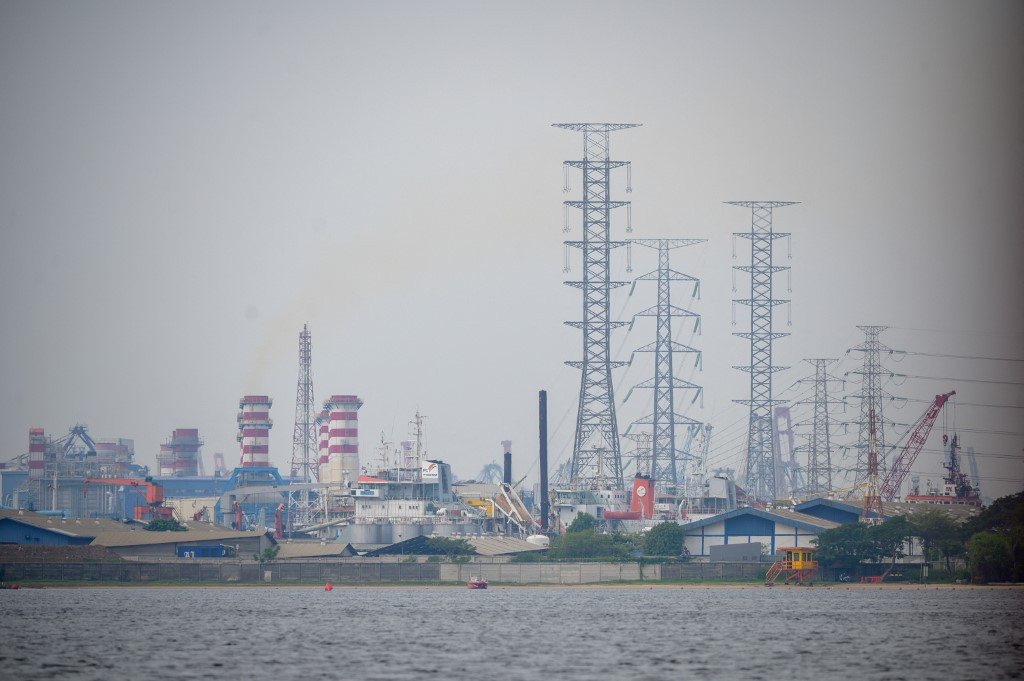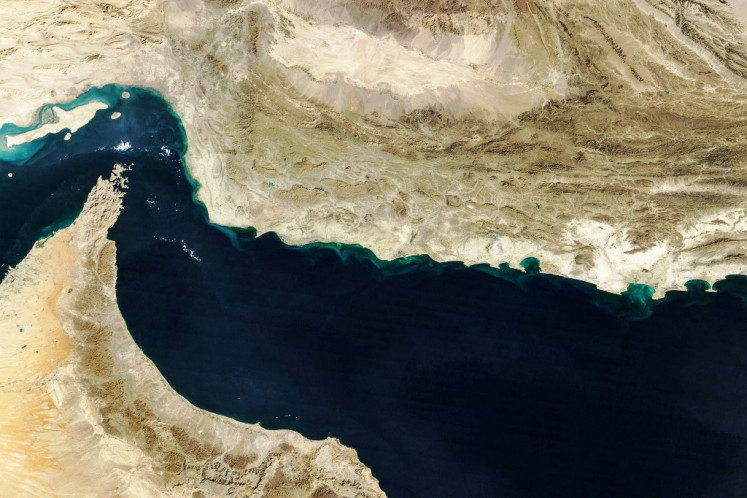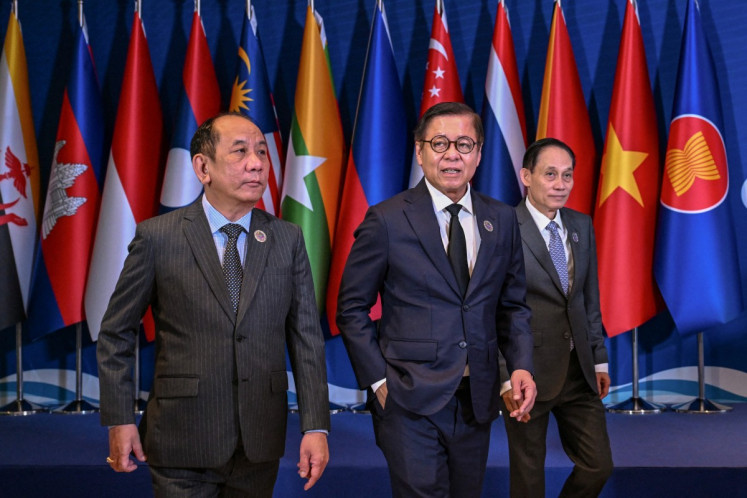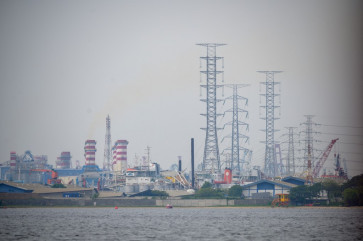Popular Reads
Top Results
Can't find what you're looking for?
View all search resultsPopular Reads
Top Results
Can't find what you're looking for?
View all search resultsToward equitable growth and responsible business conduct
Indonesia has no legally binding framework like the European Union's Corporate Sustainability Reporting Directive (CSRD) and the Corporate Sustainability Due Diligence Directive (CSDDD) to ensure responsible business practices.
Change text size
Gift Premium Articles
to Anyone
W
hile Indonesia's economic growth, fueled by sectors like fisheries, mining, agriculture and manufacturing, brings national prosperity, it also presents human rights challenges.
Despite repeated commitments to sustainability and ethical practices, Indonesia continues to struggle with serious, unresolved issues in key export sectors. Forced labor in the shrimp supply chain, persistent health and safety violations in coal and nickel mining, land grabbing in the palm oil industry and unchecked sea and river pollution largely remain unaddressed and unpunished in Indonesia.
The lack of meaningful consequences of the violations not only undermines affected communities and ecosystems but also threatens Indonesia’s credibility as a responsible player in global supply chains. Without decisive action, the gap between rhetoric and reality will only grow wider, with lasting damage to both the environment and the nation's international standing. Meanwhile, current legal frameworks are fragmented and insufficient to cope with these issues comprehensively.
To attract more investment, pursue economic cooperation and increase economic growth, Indonesia is aligning its national development efforts and laws toward more legal clarity and accountability, and to meet international environmental, social and governance (ESG) standards, including respect for human rights and responsible business conduct. As global consumers, investors and companies place greater emphasis on human rights, environmental sustainability and ethical business practices. It is important for Indonesia to adopt similar measures to stay competitive in the global market.
The underlying rationale behind business and human rights reporting is the belief that companies have the power to create positive change for both the environment and society in the regions where they operate.
In 2017, Indonesia took a pioneering step as the first country in ASEAN to release its National Strategy on Business and Human Rights. The plan provided a framework for companies to disclose the human rights and environmental risks associated with their operations.
This was translated further into the 2023 National Strategy on Business and Human Rights, which promotes and protects human rights in the business sector with the involvement of all actors, including relevant business associations and trade chambers.



















